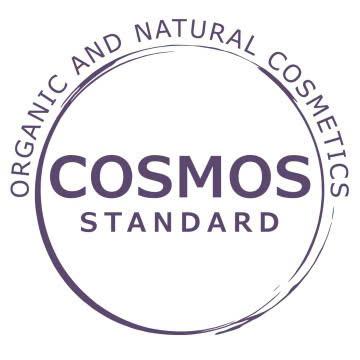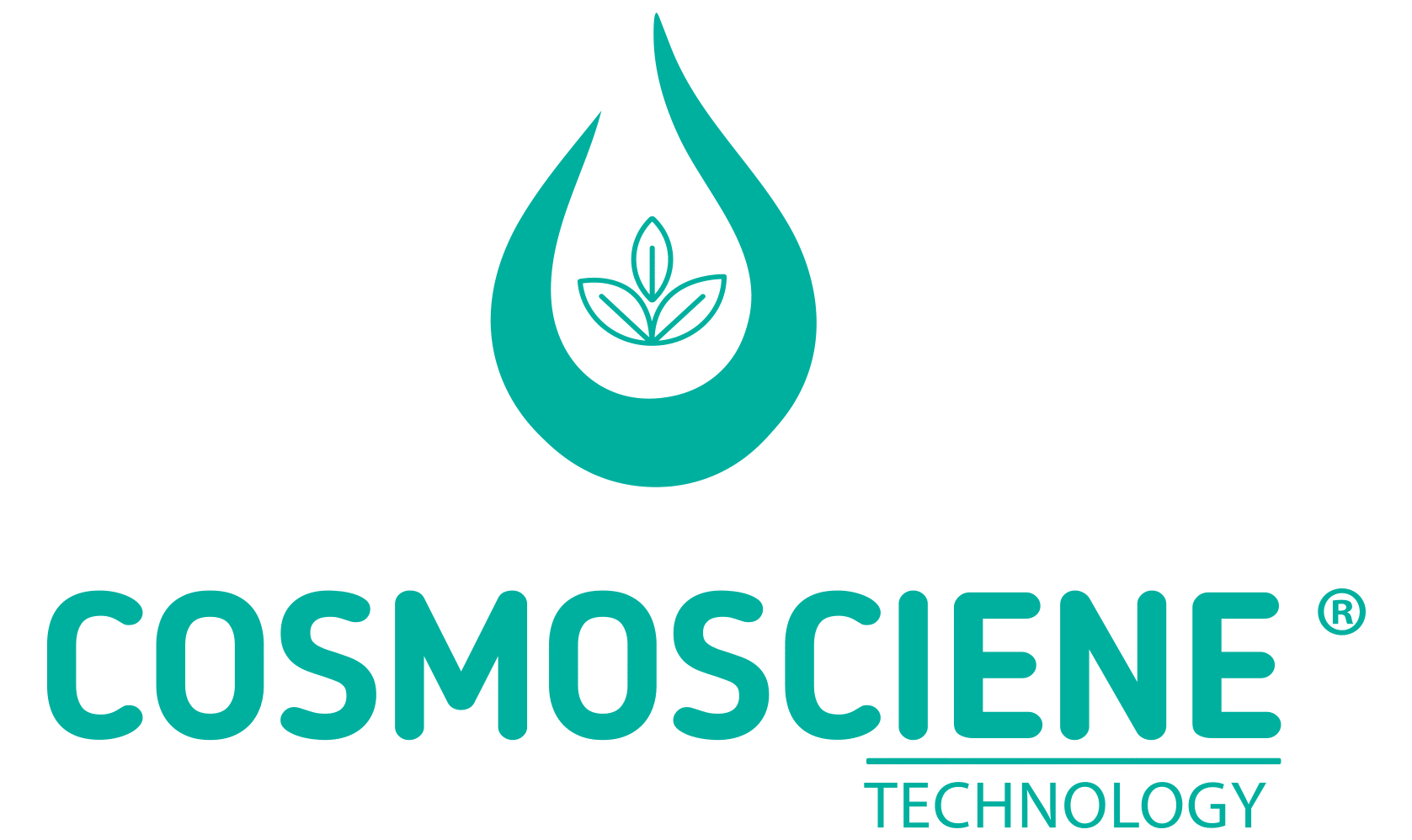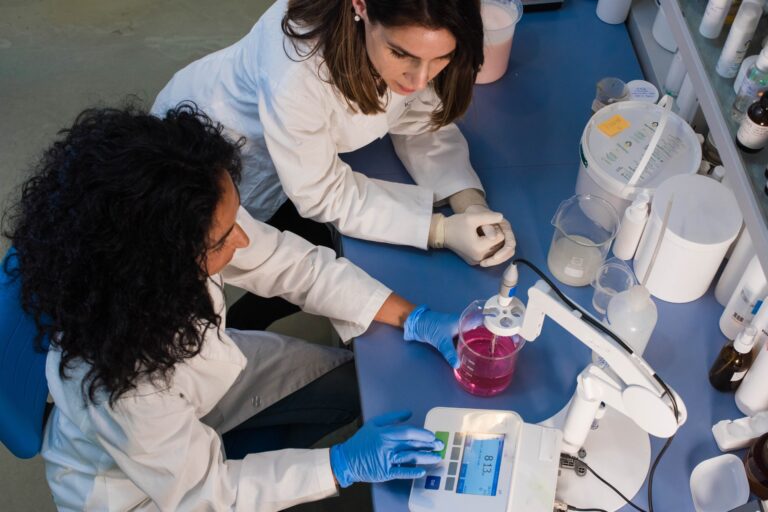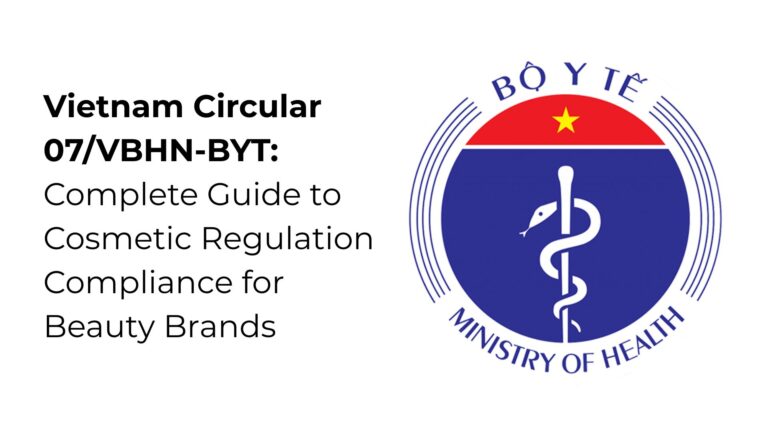Decoding the COSMOS Standard: A Guide for Natural & Organic Cosmetic Brands
Decoding the COSMOS Standard: A Guide for Natural & Organic Cosmetic Brands
In a world saturated with “clean” and “natural” claims, how can a brand truly signal its commitment to authentic, sustainable, and ethical practices? For forward-thinking cosmetic brands, the answer often lies in a single, powerful certification: the COSMOS standard. More than just a logo, it represents a unified international framework, a shared language of trust between brands, suppliers, and consumers.
Developed by five of Europe’s most prestigious organic and natural cosmetic organizations (BDIH, COSMEBIO, ECOCERT, ICEA, and SOIL ASSOCIATION), the COSMOS standard was born from a need for clarity and transparency. Its mission is twofold: to champion sustainable product development that respects both human health and the environment, and to establish rigorous, transparent rules governing a product’s entire lifecycle—from the soil to the shelf. For brands aiming to innovate responsibly, understanding this standard is the first step toward building profound consumer trust and unlocking global markets.

The Foundation: How COSMOS Classifies Ingredients
At its core, the standard meticulously classifies every component of a formula into five distinct categories, ensuring every ingredient aligns with principles of natural origin and sustainability.
- 1. Water: As a fundamental component, water is not calculated as an organic ingredient but is held to strict hygienic quality standards to ensure formula purity.
- 2. Minerals & Mineral-Origin Ingredients: These are permitted, provided their sourcing and processing are managed sustainably, minimizing environmental impact.
- 3. Physically Processed Agro-Ingredients (PPAI): Representing the heart of natural formulations, these ingredients are derived from agriculture and processed using physical methods like pressing or distillation. PPAIs are eligible for organic certification.
- 4. Chemically Processed Agro-Ingredients (CPAI): When chemical processing is necessary, it must adhere to the principles of Green Chemistry. This innovative approach ensures that processes are clean, efficient, and yield substances that are readily biodegradable.
- 5. Other Ingredients: A small, highly restricted list of ingredients is permitted only when no viable natural alternative exists for ensuring consumer safety or product efficacy, reflecting a pragmatic yet strict approach.
The Two Tiers of Certification: COSMOS ORGANIC vs. COSMOS NATURAL
Once the ingredients are classified, a finished product can earn one of two certifications, each with its own clear requirements.
COSMOS ORGANIC
This is the higher, more stringent certification. To bear this label, a product must meet key thresholds:
- A minimum of 95% of all Physically and Chemically Processed Agro-Ingredients (PPAIs and CPAIs) used in the formula must be certified organic.
- A significant portion of the total product—at least 20%—must be organic. This threshold is adjusted to 10% for rinse-off products or products containing over 80% minerals or mineral-origin ingredients. The final label must clearly display the “COSMOS ORGANIC” signature, the name of the certifier, and the exact percentage of organic ingredients in the total product.
COSMOS NATURAL
This certification is for products that, while not meeting the organic percentage thresholds, are formulated entirely with natural origin ingredients. It serves as a guarantee that the product adheres to all other strict COSMOS principles, including green chemistry and sustainable sourcing, offering a valuable mark of trust for naturally-focused brands.
Beyond the Bottle: Holistic Commitments
The COSMOS standard’s philosophy extends beyond the formula itself, demanding a holistic commitment to ethical and environmental stewardship.
- Ethical Principles: The use of Genetically Modified Organisms (GMOs), irradiation, and animal testing are strictly prohibited.
- Environmental Management: Brands must demonstrate comprehensive traceability for all raw materials and implement robust environmental management plans for their production facilities.
- Eco-Conscious Packaging: Packaging is a critical component. It must comply with eco-design principles, prioritizing reduction, reuse, recycling, and the use of renewable materials to minimize the product’s final footprint.
The Strategic Value: Why COSMOS Matters for Your Brand
Embracing the COSMOS standard is not merely a regulatory hurdle; it is a strategic business decision that delivers tangible value. It builds powerful, evidence-based trust with consumers who are actively seeking safe, clean, and ethically produced products. Internally, it drives true innovation, pushing formulation teams toward the cutting edge of green chemistry and sustainable practices.
Ultimately, this certification enhances a brand’s reputation on an international scale, creating a clear pathway for market access, particularly into the discerning European market. Adopting the COSMOS standard signals to the world that your brand operates at the intersection of science, innovation, and humanity.




